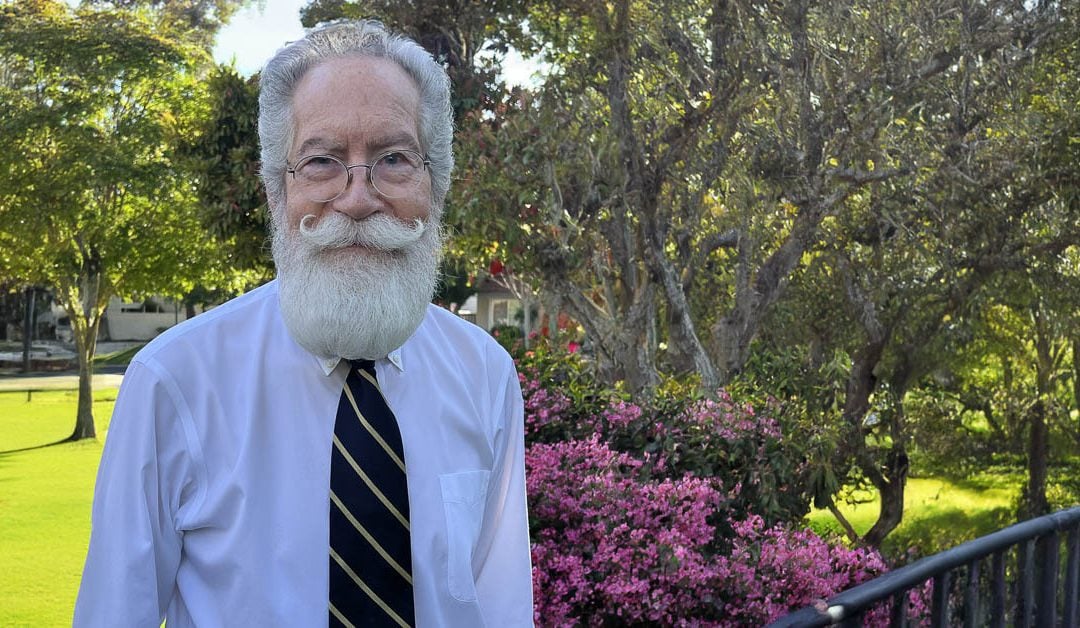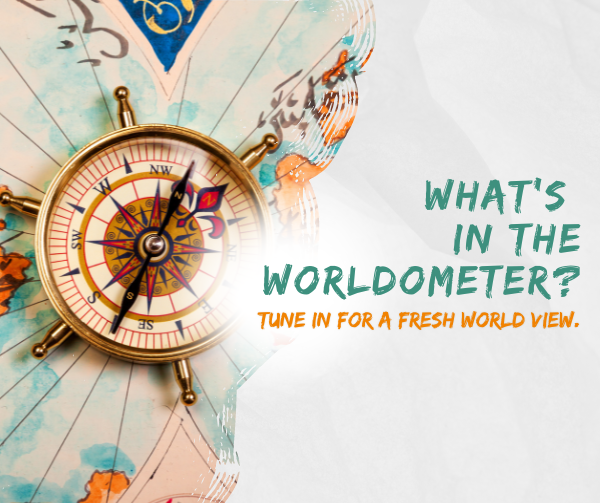Prem Rawat presents his new book: When the desert blooms
Read the original article, and watch the interview at the bottom of the page, in Italian here.
16 June, Milano, Teatro Nazionale.

Presenting his new book, When the Desert Blooms, Prem Rawat smiles, delicately moving his hands to accompany him as he shares his thoughts.
He prefers examples taken from daily life to abstract concepts, because it is not through grand gestures that the possibility of change comes about, but through the daily flow of the most miniscule actions.
The book, which is published by BUR, encapsulates the sense of a mission: inspire others, impart a message of hope, spread a viable practice of peace that begins with the knowledge of ourselves.
An ambassador who for years has tirelessly travelled the world and who began to speak about peace at the age of four. At the age of thirteen he had already spoken in the United States and from that moment on he has never stopped and continues to share his vision of the possibility of a better world.
«The kind of tree that we will find in our garden depends on the seeds that we sow in the soil of our life.
Some have beautiful blooms while others have a sap that is unpleasant and sticky. They all begin as little seeds, but when they germinate and grow that is when they manifest their specific characteristics.
Some we will like, others no. It is up to you to decide which seeds to plant and nourish in your lives. »
Prem Rawat presents When the Desert Blooms
The image of a desert that blooms is dense with meaning: it tells us that even the most hostile environment in reality is teeming with life and this reminds us that even in the midst of difficulties we need to have the patience to await for things to get better. Above all, it invites us to consider that life is a cycle of regeneration. This single volume, illustrated by Aya Shiroi, alternates stories containing universal truths, where the main protagonists are ants, parrots, trees and grains of sand, to general considerations on the meaning of life, with practical advice on how to face them without losing heart.
Practice, practice, practice: this is the key to get those seeds which are hidden within us and which await the next rainfall to germinate.
Speaking to an admiring and amused audience, Rawat dispensed practical advice on how to live better: give thanks for every single day, educate our children towards sharing and showing respect, accept failure as being part of the game.
The author reminded us that when we were learning to walk we fell and then we got up again so many times until we were able to stand and it became automatic. Today we have lost that memory, but we can still do it.
Prem Rawat and a vision of the present
When the Desert Blooms teaches us that often it is not a question of learning something new, but to
unlearn attitudes that we believe we have acquired: the tendency to complain, to procrastinate, not see any way out. As long as we are alive we will always have a choice, and it is this which will change the way things are.
In a world marked by technological innovation and the need to move ever faster, presenting his book Prem Rawat invites us to slow down and live the moment. If we are guided only by technological evolution the risk we run is to teach the new generations knowledge but not wisdom.
Let us stop and wait: the rain will come when we are disposed to see and hear the opportunity it brings.
The Kifubon Project and When the Desert Blooms
Prem Rawat’s book was also published in order to do good thanks to the Kifubon Project run by the Japaense publishing house Bunya.
The project was developed to distribute books to charity organizations, particularly those in which stories and reading can bring hope to those in difficult situations. With the book When the Desert Blooms the project expanded on an international level to include companies, organizations and individuals all over the world. So far over 10,000 books have been donated and they are used in many different establishments to help create a culture of empathy and compassion.






